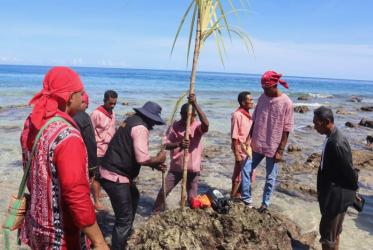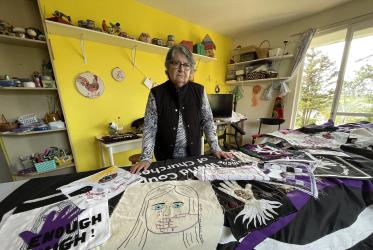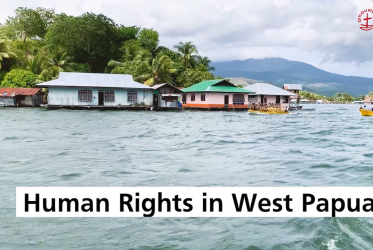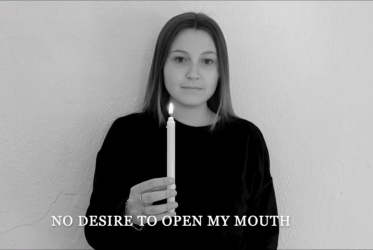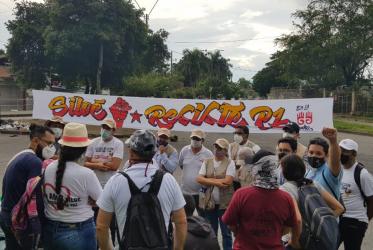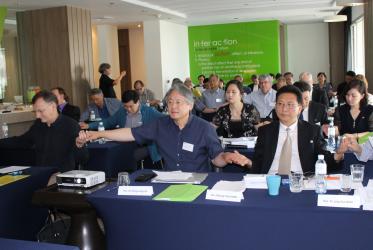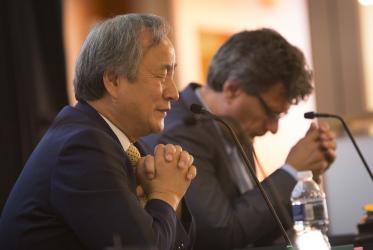Displaying 1 - 20 of 21
17 April 2024
WCC video interview describes human rights crisis in West Papua
13 January 2022
Women in Argentina walk in solidarity with women of Afghanistan
23 September 2021
Peace and unity on the Korean Peninsula matters globally
25 February 2021
Bishop Hee-Soo Jung: “Prayer is a radical action”
11 December 2020


